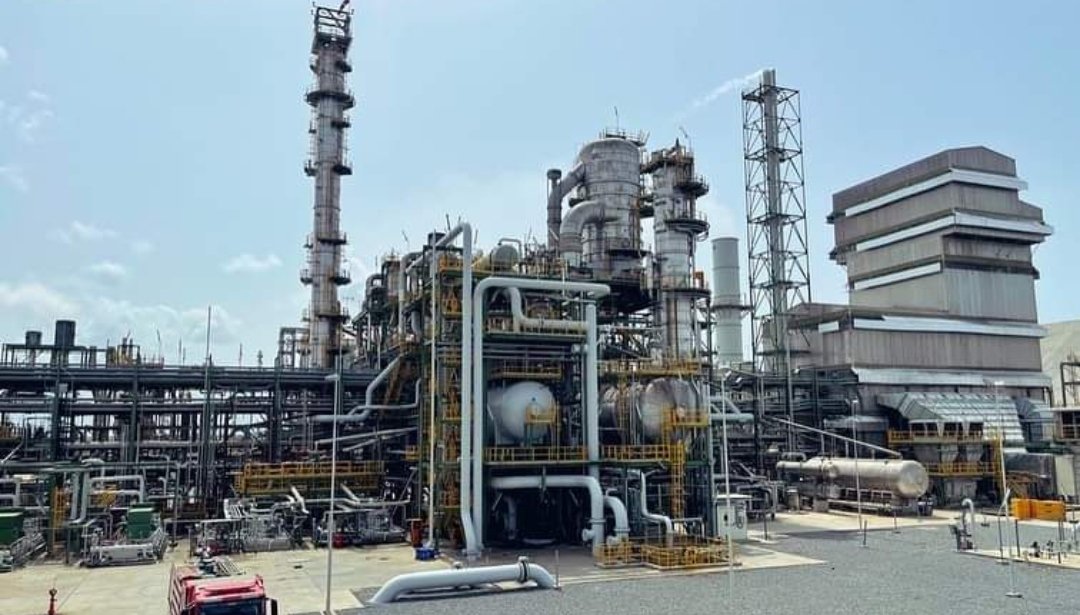Oil producers, represented by the Independent Petroleum Producers Group (IPPG), have objected to the current state of affairs in the oil industry where it would appear they are practically being forced to sell crude oil to the Dangote Refinery and other local refineries in Nigeria, saying they should be allowed to do their business without let or hindrance.
Rather than mount pressure on its members, the group has urged the Nigerian National Petroleum Company Limited (NNPCL) to instead redirect its allocated crude oil volumes to these refineries to address the current supply shortage that is affecting local product availability across the country.
In a letter dated August 16, 2024, and addressed to the Chief Executive of the Nigerian Upstream Petroleum Regulatory Commission, Gbenga Komolafe, IPPG Chairman Abdulrazak Isa suggested that the NNPC should use its allocated 445,000 barrels per day of intervention crude oil to alleviate the current shortfall, as it had done in the past.
Isa pointed out that some IPPG members already supply crude oil to local refineries but emphasized that the NNPC is in a better position to mitigate the current supply challenges by leveraging its statutory crude allocation for domestic consumption.
“Historically, NNPC has always maintained an intervention crude oil volume of 445,000 barrels per day (kbopd) to meet the nation’s domestic consumption needs. This volume has traditionally been used, through various swap mechanisms, to import refined products for local consumption,” Isa explained.
He further argued that with the advent of domestic refining capacity capable of meeting local demand, this dedicated volume should be reserved for all domestic refineries under a price hedge mechanism that could be facilitated by a suitable financial institution, such as Afrexim Bank.
However, Isa also noted, “Any national production exceeding this allocated volume should be treated strictly as export volumes, following the willing buyer, willing seller framework of the international market.”
“This approach is particularly relevant since the refiners will need to export any excess products that surpass domestic demand, thereby boosting foreign exchange earnings.”



























